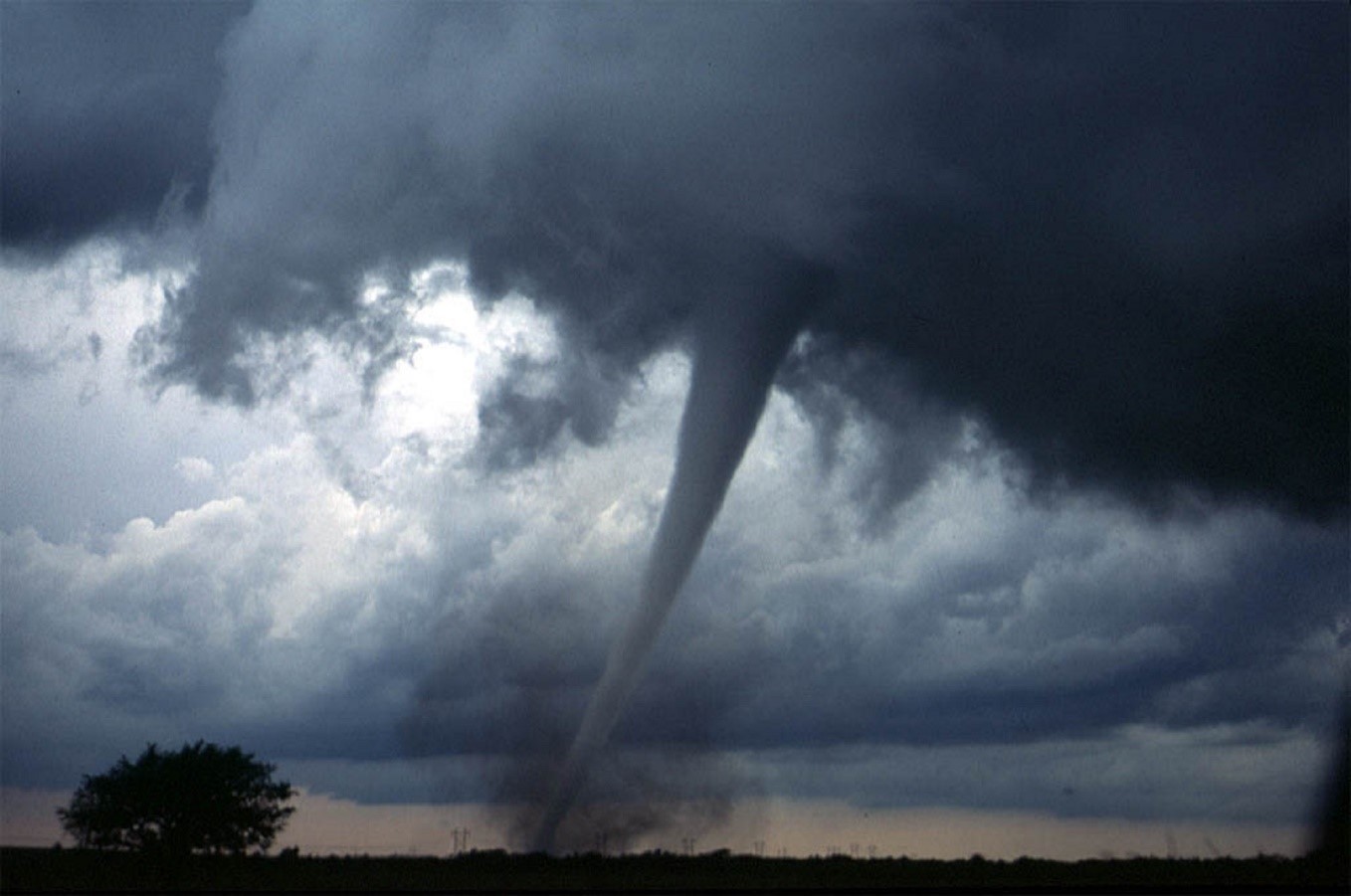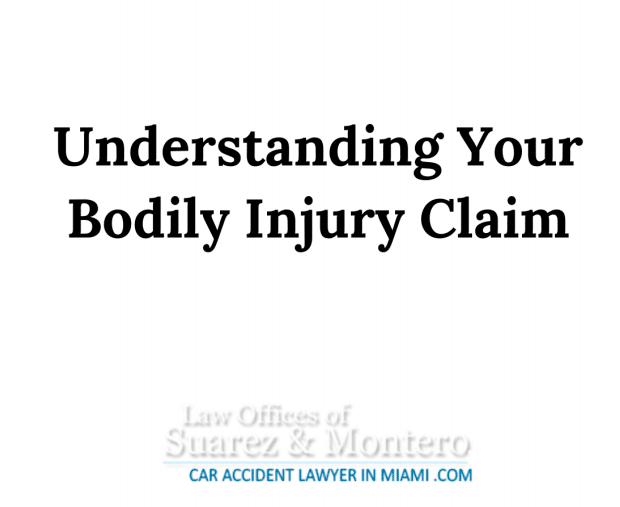
An “Act of God” in Legal Terms: Understanding Its Impact on Personal Injury Cases in Florida
Natural disasters and other extraordinary events, often referred to as “Acts of God,” can leave a trail of destruction in their wake. In Florida, a state particularly prone to hurricanes, tropical storms, and lightning, the implications of such events can extend beyond the initial physical and emotional trauma, potentially affecting legal outcomes, especially in personal injury cases.
What is an “Act of God”?
The term “Act of God” has a specific connotation in legal contexts. It refers to any event that occurs without human intervention and could not have been prevented by reasonable foresight or care. These events are typically natural disasters, such as earthquakes, floods, tornados, and in the context of Florida, hurricanes. The key aspect that characterizes an “Act of God” is its unpredictability and the inability to prevent it, despite reasonable measures.
In the realm of personal injury law, this term becomes significant when determining liability. Typically, for a party to be held responsible for damages, they must have acted negligently or without reasonable care. However, if an injury results directly from an “Act of God,” the usual rules of negligence may not apply.
Impact on Personal Injury Cases
When a personal injury claim is filed in Florida, the injured party (plaintiff) seeks to prove that the other party (defendant) was negligent and that their negligence was the cause of the injury. However, if the defendant can demonstrate that the injury was caused by an “Act of God,” they might successfully argue that they are not liable for the damages.
Consider the following implications of an “Act of God” on a personal injury case in Florida:
- Negligence and Foreseeability
In order to hold someone liable for negligence in Florida, there must be a duty of care that was breached. However, if an “Act of God” occurs, and it was unforeseeable, this can break the chain of causation. For instance, if a property owner could not have predicted a sudden hurricane and an individual was injured as a result of the storm itself, the owner may not be held liable.
- Comparative Negligence
As of 2023, Florida follows a modified comparative negligence rule, meaning that if both the defendant and plaintiff are found to have contributed to the injury, the court will assign a percentage of fault to each party (if a plaintiff is deemed more than 51% at fault, they are barred from recovery). If an “Act of God” is considered a contributing factor, it could reduce the defendant’s share of liability. For instance, if a driver is injured after their vehicle is struck by a falling tree during a severe storm, the court may consider the storm as a primary factor rather than the possible negligence of another driver who may have also played a role in the accident.
- Insurance Coverage
In personal injury cases, insurance often plays a crucial role. Most insurance policies have specific provisions regarding “Acts of God,” and coverage can be complicated. In Florida, for example, many homeowners and business policies specifically cover hurricane damage, while others may require separate flood insurance. Understanding the intricacies of these policies is crucial for anyone seeking compensation after an injury linked to a natural disaster.
- Exception to the Rule: Reasonable Precautions
It’s important to note that even in the face of an “Act of God,” individuals and businesses in Florida are expected to take reasonable precautions. If it is shown that the party did not take such precautions — for example, a business failing to secure objects that are known to be hazardous in high winds — they may still be found negligent.
- Contractual Obligations
Contracts often contain force majeure clauses that can relieve a party of their obligations if an “Act of God” occurs. However, the interpretation of these clauses can become a matter of dispute in the aftermath of a natural disaster. It is critical to examine the language of any contract in the context of an “Act of God” when considering a personal injury claim.

Navigating Personal Injury Claims Involving an “Act of God”
If you find yourself needing to file a personal injury claim in Florida where an “Act of God” may be a factor, there are several steps you should consider:
- Document Everything: Collect as much evidence as possible. Take photos, keep a record of the event and its aftermath, and gather witness statements if available.
- Review Your Insurance Policies: Understand what your insurance covers and what it excludes in terms of natural disasters.
- Seek Legal Advice: Consulting with a Florida personal injury attorney who understands the nuances of “Acts of God” and how they interact with state laws is crucial.
- Act Quickly: There are statutes of limitations on filing injury claims in Florida, so it’s important to act promptly.
- Consider the Full Impact: Remember that injuries aren’t just physical. Emotional distress and property damage can also be part of your claim.
In Florida, where “Acts of God” are not just theoretical possibilities but real and recurrent events, understanding how these events interact with personal injury law is crucial. While these natural events can significantly impact the outcome of a personal injury case, they do not automatically absolve parties from liability. As the climate changes and weather-related incidents become more severe and frequent, the legal interpretations of “Acts of God” will continue to evolve, making it all the more important for individuals in Florida to stay informed and prepared. If you are injured in an accident, call Jaime “Mr. 786Abogado” Suarez today to Get You Paid!





